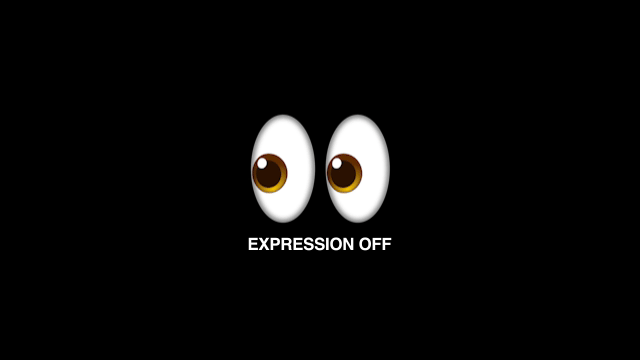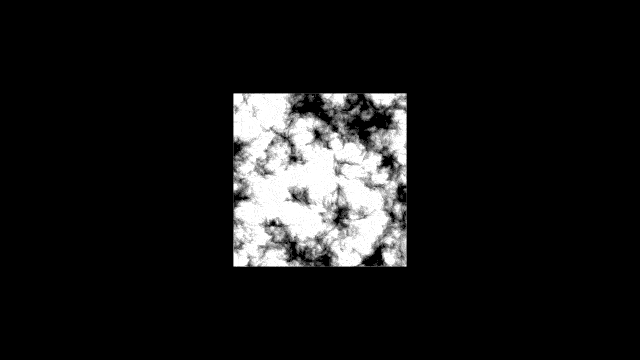Digital Clock
Create a real-time digital clock in After Effects that updates every second using just an expression.
- Author:
- Denis Stefanides
- Category:
- Text
Expression Code
// Converts the current time into a digital clock format (HH:MM:SS)
// Apply this to a text layer
t = time; // current time in seconds
h = Math.floor(t/3600); // calculate hours
m = Math.floor((t%3600)/60); // calculate minutes
s = Math.floor(t%60); // calculate seconds
// Add leading zeros to single digits
hStr = h < 10 ? "0" + h : h;
mStr = m < 10 ? "0" + m : m;
sStr = s < 10 ? "0" + s : s;
hStr + ":" + mStr + ":" + sStrWhere to Apply
Add this expression to the Source Text property of a Text Layer.
How It Works
This expression takes the time (which is how many seconds have passed in your comp) and:
Divides it by 3600 to get hours,
Takes the remainder and divides by 60 to get minutes,
And takes the final remainder as seconds.
It uses simple math (Math.floor) to keep everything whole and readable. Then it adds a leading 0 if a number is less than 10—so you always get that classic "08:03:09" format.
Frequently asked questions
How do I use the expression on this page?
Just copy the full expression code from the top of this page. Then Alt-click (or Option-click on Mac) the stopwatch on the property you want to animate. Paste the code into the editor and that's it. If you’re not sure which property to use, check the "Where to Apply" section above.
The expression isn’t working. What should I check?
First, make sure your project is using the JavaScript engine (go to File > Project Settings > Expressions). Also double-check for missing characters, and see if the code requires parenting a layer. If so, there will be a comment in the code explaining what needs to be connected.
I’m not sure what the expression does. Where can I learn more?
Take a look at the "How It Works" section on this page. It explains each part of the expression in plain language so you can understand how everything works together.
Can I customize how the expression behaves?
Yes, absolutely. Most expressions include easy-to-edit variables near the top and comments that guide you on what to change. You can also link sliders or checkboxes using Expression Controls if you want more control in the timeline.
Can I apply this to other properties too?
Yes, you can use it on any property with a stopwatch. That includes Position, Scale, Opacity, and also effect settings like Blur or Tint.
Will it work in comps with different frame rates or sizes?
In most cases, yes. These expressions are designed to adapt to your comp’s resolution and frame rate. If anything specific needs adjusting, it’ll be noted in the code or in the "How It Works" section.
Related Expressions
Explore more expressions in this category

Pulse Opacity
Creates a smooth pulse that fades opacity between a minimum and maximum value you set, so it never fully disappears unless you want it to.

Start/End Expression at Specific Time
Run any animation or behavior (like wiggle or anything else) between two specific times inside After Effects.

Posterize Time
Lock a property to a specific frame rate so it updates at a fixed interval, perfect for stuttery or stop-motion effects.

Time
A simple time-based expression that creates continuous motion or animation without keyframes.
